SVITLANA SCHERBAK
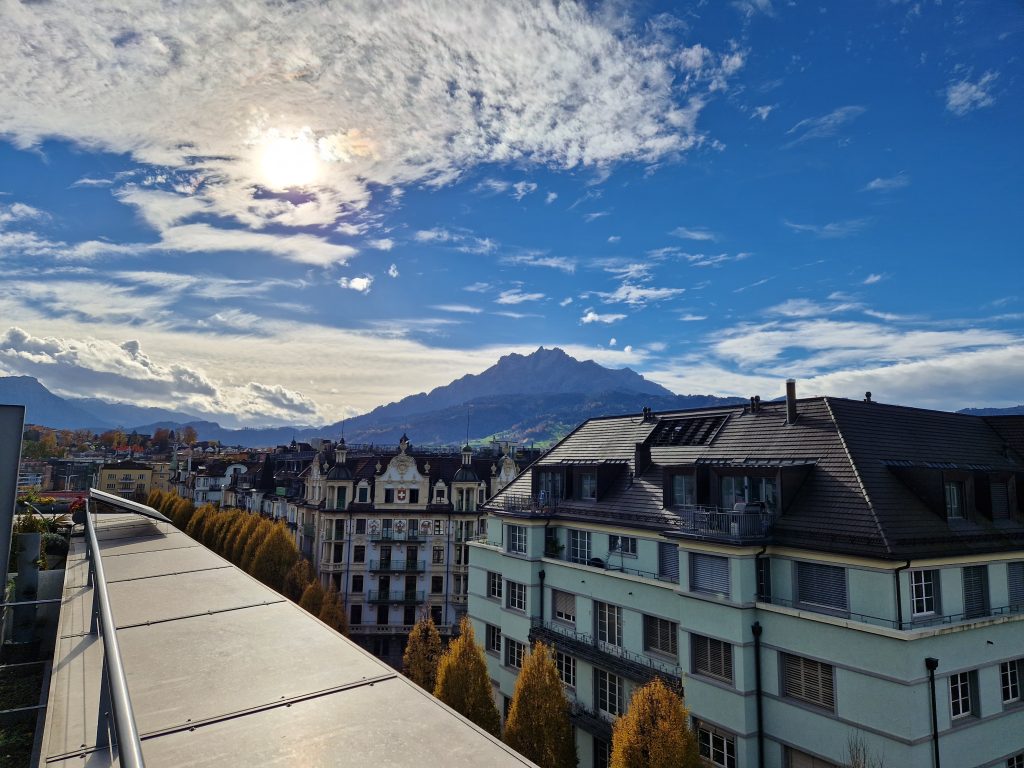
On November 16-17, 2022, the Lucerne University of Applied Sciences and Arts hosted conference Social Change in Ukraine – Obstacles and Opportunities. The event gathered scholars from Switzerland, Ukraine, Poland, UK, and Hungary. Having carried out social research on Ukrainian society for a long time, I was invited to deliver a talk on The Rise and Fall of Populism in Ukraine.
Here, I provide a report of this conference, with remarks on the individual presentations. It is important to notice that the theme of the conference was not the ongoing war, even though this undoubtedly shapes the conditions for social change in Ukraine. The conference aimed at developing a socio-critical analyses and fostering dialogue between social scientists on the structure of Ukraine’s society, economy and politics. The focus fell on the potential hurdles to overcome in order for the country to integrate in a sustainable way into the community of European states.
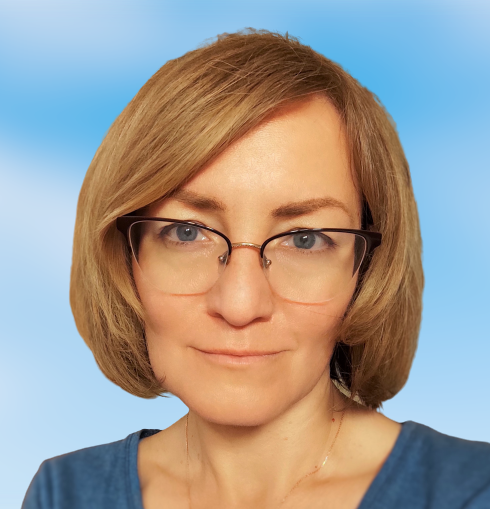
Svitlana Shcherbak
Svitlana is a fellow at c:o/re and a researcher with eighteen years of experience working alongside the research team of the National Academy of Sciences of Ukraine. Her research focus is on ideological discourse in Post-Sovjet States.
There is consensus among researchers of post-soviet countries that the neo-institutional approach provides the most appropriate explanatory framework for the analysis of these societies. The point is that the institutions in these countries differ from those in the West due to very different informal rules. Therefore, the instrumental logic of economic reform and development policy may conflict with informal institutions, unwritten rules, or corrupt practices. Such mechanisms can hijack good intentions and steer processes in an unwanted direction. Concepts elaborated for the description and explanation of Western democracies fail to grasp the essence of post-communist societies. As such, there is a need to develop explanatory concepts and models for post-soviet contexts. It is not accidental, then, that most participants focused on the description of informal backgrounds for institutions peculiar to post-communist space.
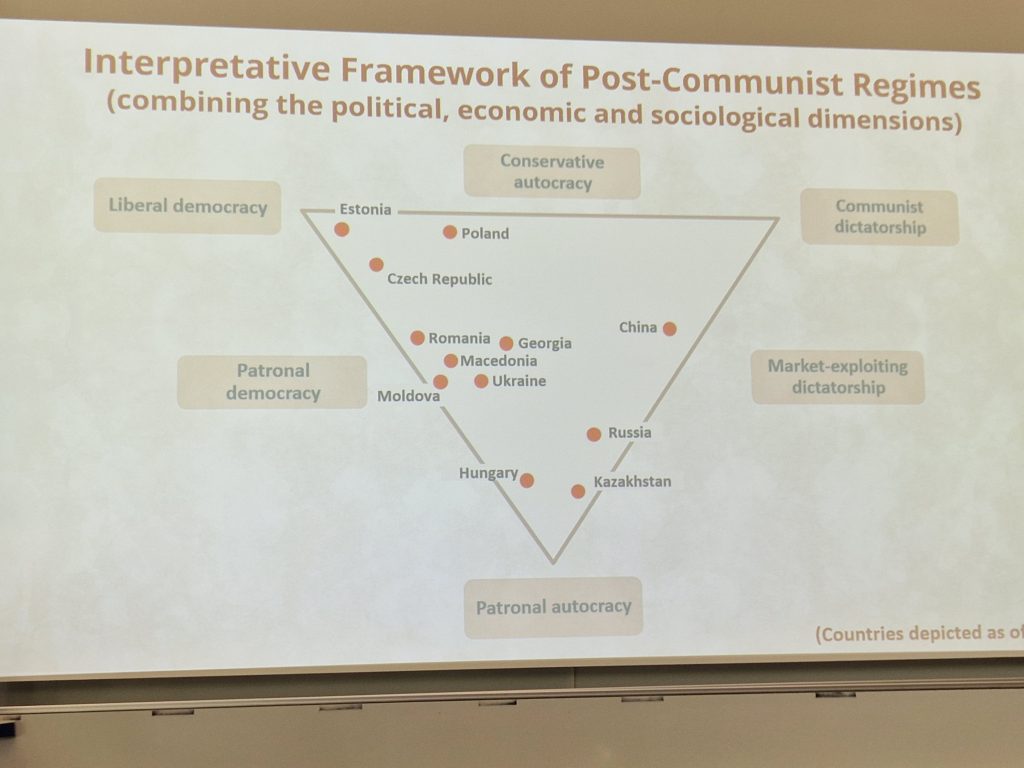
Balint Magyar and Balint Madlovich presented their new book, “A Concise Field Guide to Post-Communist Regimes”, which provides a conceptual framework with an inherent typology of post-communist regimes and a detailed presentation of ideal-type actors and the political, economic, and social phenomena in these regimes. The authors presented how their theoretical model can be applied to Ukraine, through a comparison with Russia and Hungary. They analyzed the Ukrainian context as a “patronal democracy”, both politically and economically.
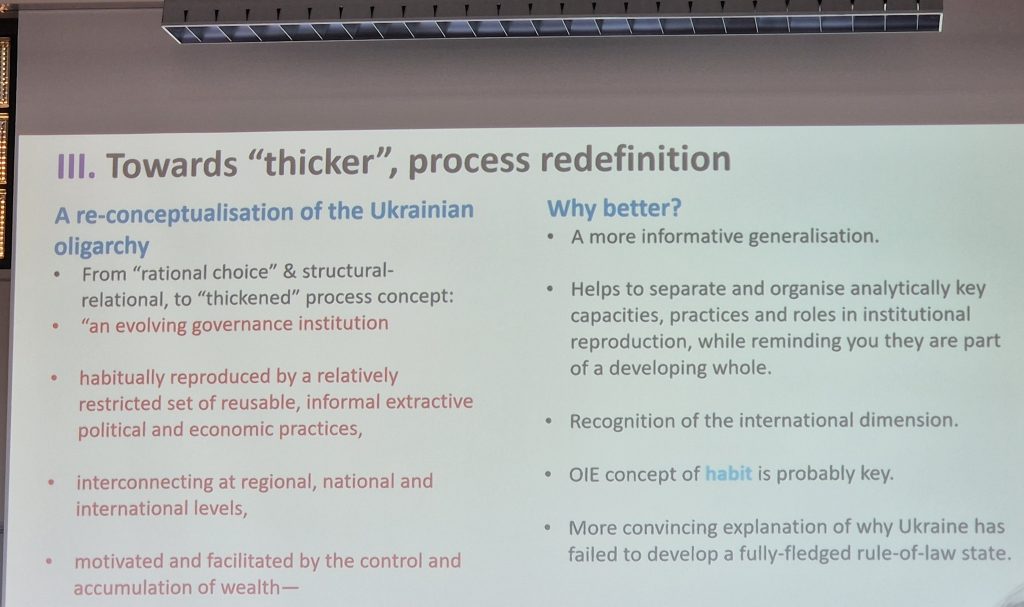
David Dalton, Vladimir Dubrovsky, Oksana Huss, Mikhail Chaplyga and, the organizer of the conference, Michael Derrer addressed oligarchy and corruption in Ukraine in connection with the task of maintaining and recovering the Ukrainian state during and after the ongoing war. They also explored the role of informal institutions in the Ukraine’s socio-politico-economic system. The discussion focused on a future configuration of the Ukrainian political regime, as well as on the perspectives for anti-corruption and anti-oligarchic post-war reforms.
Kateryna Ivashchenko-Stadnik used sociological data to show the main shifts in Ukrainian society since 2014 and the potential for the further development of this society. Jacek Kurczewski focused on the difference in post-communist transformation of Poland and Ukraine. He considered pre-communist and communist legacies, and the social mechanisms of transformation, offering a glimpse into the sociology of attitudes towards law and justice.
Denys Kiryukhin analyzed the reasons for the very high level of migration from Ukraine, due to which the country has been called “Europe’s Mexico.” He argued that before the war there were no structural prerequisites for such high migration dynamics. Thus, he proposed an analysis of migration in a broad context of modern social processes in Eastern European countries and revised the concept of “forced migration.”
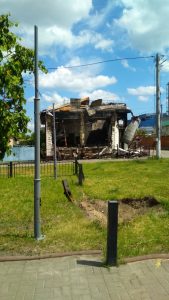
My presentation adressed the rise and fall of populism in Ukraine. Whether Volodymyr Zelensky is a populist was a debated question during the 2019 presidential campaign, as his rhetoric and public image met many of the criteria of populism. I argue that it is important to distinguish between populist and nationalist discourses, illustrating my thesis with the rhetoric of the two main opponents during the 2019 campaign. Zelensky promoted the inclusive concept of “the people,” based on citizenship, multiethnicity and regional heterogeneity, which he contrasted with “the corrupt elites”. On the other hand, former President Petro Poroshenko promoted an exclusive ethno-nationalist, anti-liberal concept of “the people” that requires homogenization based on a common language, culture and faith. My view is that after the outbreak of the war, populist discourse lost its relevance and we are witnessing a nation-building process based entirely on nationalist grounds. The main point of differentiation among the presenters’ approaches was whether they considered only exogenous factors of social change in Ukraine or put the country in a broader context, taking into account the inter-regional and transnational division of labor, as well as Ukraine’s place in global economy. The latter approach tends to suggest rather pessimistic expectations about the future of Ukraine.
Proposed citation: Shcherbak, Svitlana (2022). Social Change in Ukraine – Obstacles and Opportunities: Conference report. https://khk.rwth-aachen.de/2022/12/21/5224/5224



